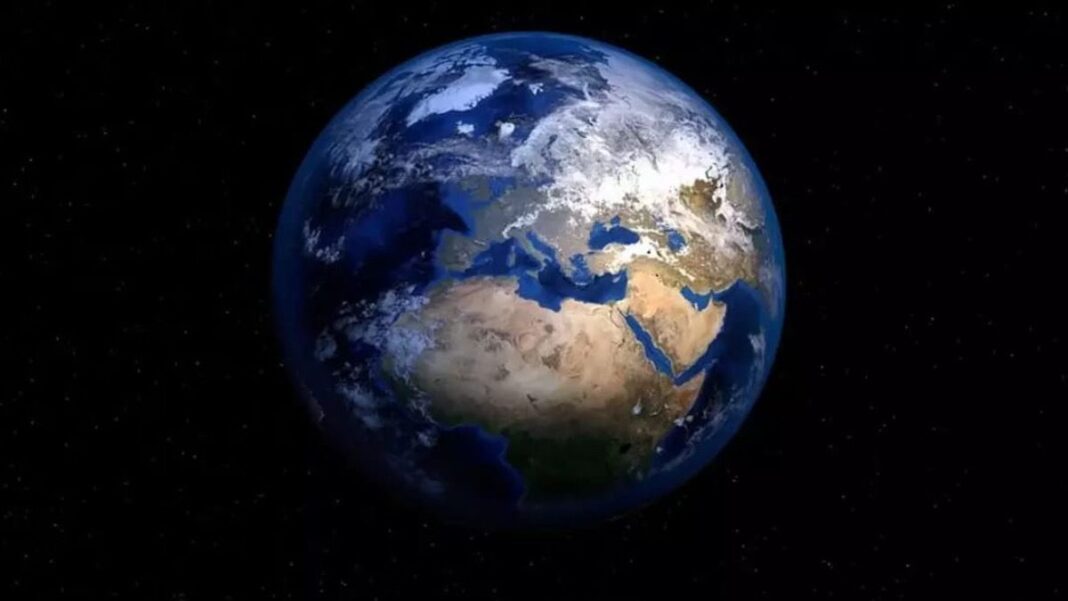UNITED KINGDOM: Scientists could unlock fresh secrets of the evolution of our species through studies conducted on signs of protein present in the bones and teeth of ancient animals.
Proteomics, a new method according to researchers, could aid them in inspecting the presence of proteins that comprised the bodies of our predecessors, which would add a new perspective into humanity’s history in the past 2 million years.
Some of the most important evolutionary mysteries, like the identification of the common ancestors of homo sapiens and the Neanderthals, could be comprehended through the study of these microscopic remains.
The potential of proteomics has been analysed and launched, and it will be executed by a team of scientists from two eminent research centres in London, the Francis Crick Institute and the Natural History Museum.
Professor Chris Stringer of the Natural History Museum claims, “We will spend the next three years carefully assessing how much protein we can get out of fossils and what we can learn from the samples we obtain. Hopefully, it will indicate we can learn a lot about our past by studying ancient proteins.”
He further added that “a handheld scanner would be used to check the presence of protein in light of the upcoming research, and Stringer states that in that way we can focus on only the most promising skulls and bones. It is crucial that we don’t try to take samples, no matter how small, from fossils that have no protein to offer us for study.”
The DNA extracted would then mark the development of proteomics; however, this study of DNA has limitations, as pointed out by Pontus Skoglund of the Francis Crick Institute.
Pontus Skoglund said, “DNA is fragile and decays fairly quickly, especially in warm conditions, so it is mainly useful for studying fossils that are less than 100,000 years old and found in moderately cool or cold places.”
Proteomics has until now presented early and promising results. Collagen proteins found in the piece of hominin jawbone at Baishiya Karst Cave situated high on the Tibetan plateau in China, according to the Frido Welker of the University of Copenhagen matches those of the Denisovans, the extinct species of archaic human that ranged across Asia.
Welker mentions, “This is the first hint at what a Denisovan might have looked like and suggests that proteomics has a lot to offer our understanding of human evolution.”
Also Read: When Boeing 747 Soared into History on Its First Flight 54 Years Ago



